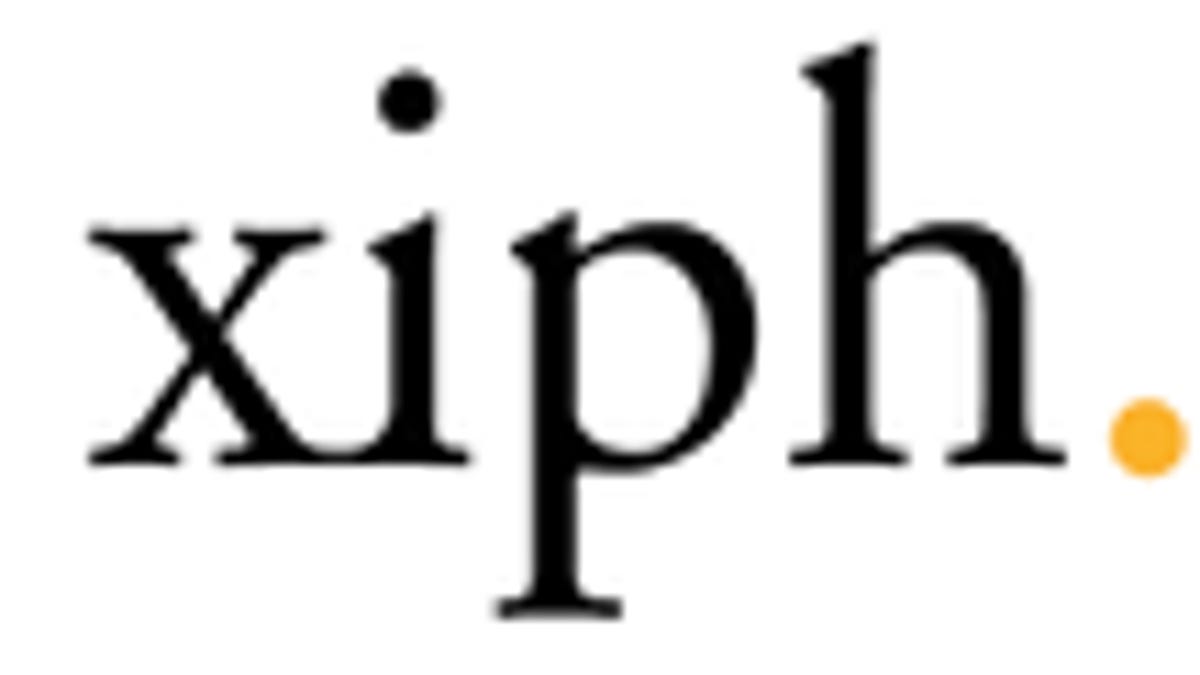Xiph resumes work on Ghost audio codec
Google's interest in the royalty-free Vorbis audio codec raises new possibilities for successors CELT and, in the longer run, Ghost.

The Xiph.Org Foundation, creator of the royalty-free Vorbis audio encoding technology made suddenly relevant by Google's WebM project, is nearing completion of a next-generation codec called CELT and has resumed development of one due after that called Ghost.
"Ghost research was postponed until recently to devote more resources to improving video," said Monty Montgomery, who worked on Vorbis and CELT, in a blog post last week. "Ghost development now resumes where it left off in 2007."
Vorbis, CELT (Constrained Energy Lapped Transform), and Ghost all are audio codecs, meaning that they're designed to compress sound data for more compact storage and easier streaming over a network. Codecs must balance compression with quality and rely on a combination of mathematical processing techniques and tricks to discard data that a human audience won't notice is missing.
Vorbis, which competes with codecs such as MP3 and AAC that come with patent royalty fees, came to fruition in combination with the Theora video codec. The latter wasn't much of a success, but a more modern cousin called VP8 from Google has more potential. And Vorbis, combined with VP8, are part of the open-source, royalty-free WebM technology with which Google hopes to lower barriers to video on the Web.
The Google backing has helped move the largely overlooked Vorbis toward the mainstream. And it's possible that CELT and Ghost could follow in Vorbis' footsteps as a relevant technology.
CELT is getting closer to one critical step in completion, freezing the bitstream, which defines the sequences of data as it's streamed over a network.
"As of December 2010, CELT is nearing bitstream freeze and has been submitted to the IETF [Internet Engineering Task Force] codec working group as an input codec," Montgomery said in a December update. Specifically, he's hoping to freeze the bitstream in January.
CELT is designed to use less processing power than Vorbis to decode and to suffer less of a delay from when data starts arriving to when audio is decoded. With Vorbis, there's a lag of a tenth of a second, but CELT is designed to have a delay of only a twentieth that long--5 milliseconds.
Short delays are important for natural conversation to avoid the alternating problems of awkward pauses and speakers talking at the same time that afflict high-latency communications.
Ghost, in comparison, is designed with Vorbis' higher 100-millisecond latency. And it's far from completion.
"First and foremost, Ghost is vaporware," Montgomery said. "At present it is merely a collection of ideas and some early-stage research. Eventually, it is intended to be a codec that improves upon and supersedes Vorbis in its current niche."
A hiatus of more than three years may sound crippling in the fast-paced technology world, but codecs have a long lifespan. Vorbis was designed for a 20-year run, and it's halfway through.
One improvement planned for Ghost is a wider range of useful bitrates, meaning that the codec would make audio sound better low-bandwidth and add more quality on high-bandwidth connections. Another is elimination of "pre-echo," in which sound compression artifacts arrive before the actual sound is supposed to arrive.
And Ghost is intended to break from the past. Codec gurus might be interested in Montgomery's words:
Ghost will be a hybrid tone + noise codec that splits and separately encodes strong sinusoids [sine waves representing pure tones] from the time-domain 'toneless' signal [that's less regular]. It attempts to abandon the lapped transform techniques that have had a stranglehold on audio codec design for the past 20 years, beginning with MP3 and continuing on to AAC and Vorbis (and CELT).
The work is funded by Linux and open-source software specialist Red Hat, so it's no surprise Ghost continues with Vorbis' intellectual property freedoms: no licenses are necessary to use the technology.

